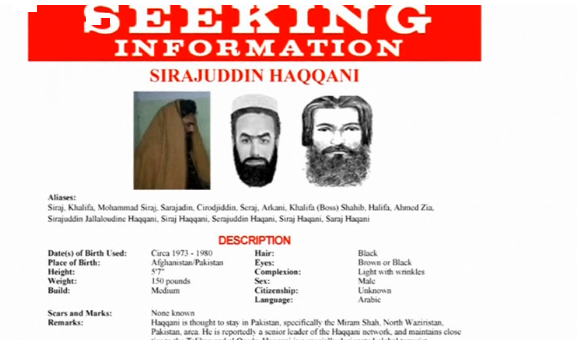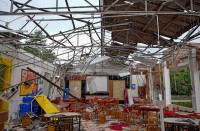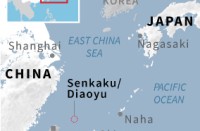
Reuters — Afghan guerrilla commander Sirajuddin Haqqani, a possible successor to Taliban leader Mullah Akhtar Mansour, would likely prove an even more implacable foe of beleaguered Afghan government forces and their U.S. allies.
The United States killed Mansour in an air strike in a remote border area just inside Pakistan, the Afghanistan government said on Sunday (May 22), in an attack likely to dash any immediate prospect for peace talks. The U.S. has not confirmed Mansour’s death.
If confirmed, Mansour’s death could trigger a succession battle within a Taliban insurgency that has proven extremely resilient despite a decade and a half of U.S. military deployments to Afghanistan.
Haqqani, who has a $5 million U.S. bounty on his head, is widely seen by U.S. and Afghan officials as the most dangerous warlord in the Taliban insurgency, responsible for the most bloody attacks, including one last month in Kabul in which 64 people were killed.
If Haqqani is confirmed as the next Taliban leader it may be seen as fitting for the scion of a family that has been famously involved in Afghanistan’s decades of bloodshed.
His father, Jalaluddin Haqqani, was a heavily bearded leader of the mujahideen who fought the Soviet troops that invaded Afghanistan in 1979. A former U.S. Congressman, Charlie Wilson, once called Jalaluddin “goodness personified” and he was held in such high esteem he visited the White House when Ronald Reagan was president.
His son is seen as even more ruthless.
Sirajuddin Haqqani became one of two deputy Taliban commanders last year, integrating his feared militant faction, known as the Haqqani network, closely into the Afghan Taliban insurgency.
The Taliban now control more territory than they have done since their ouster from government in 2001, and hopes of peace talks that the United States was pushing have all but collapsed as the bloodshed has increased






